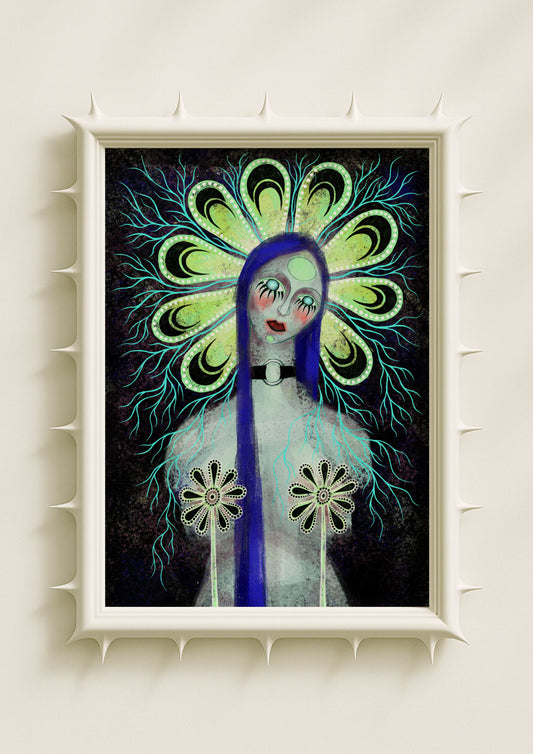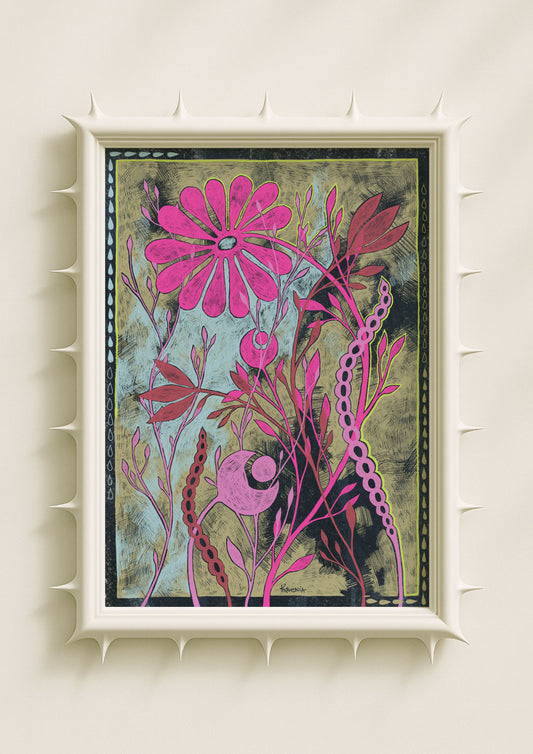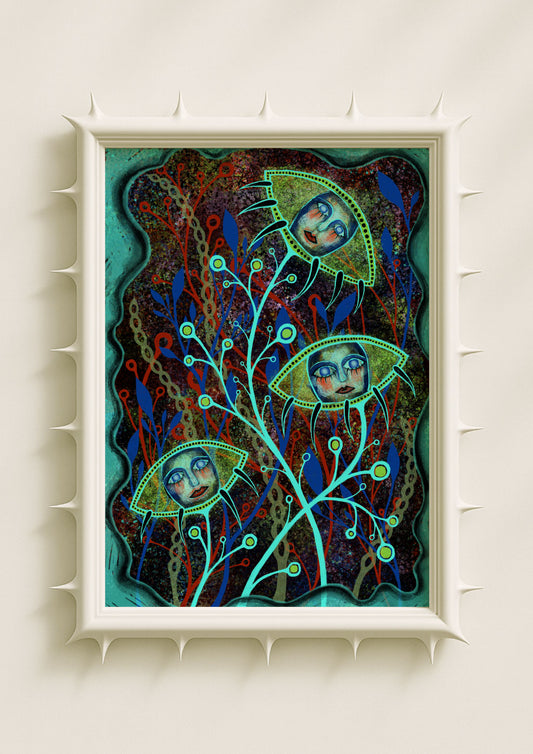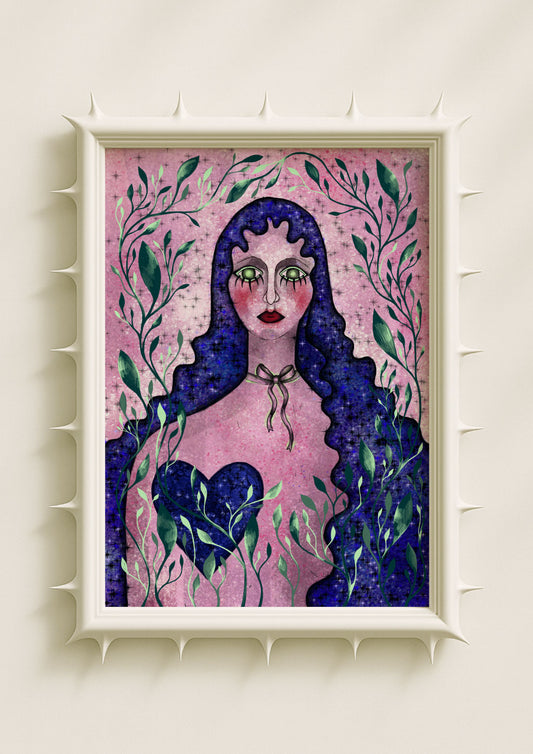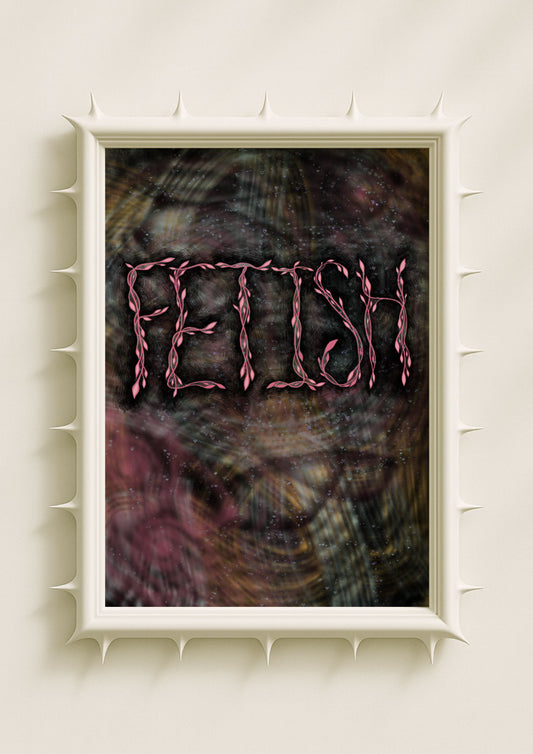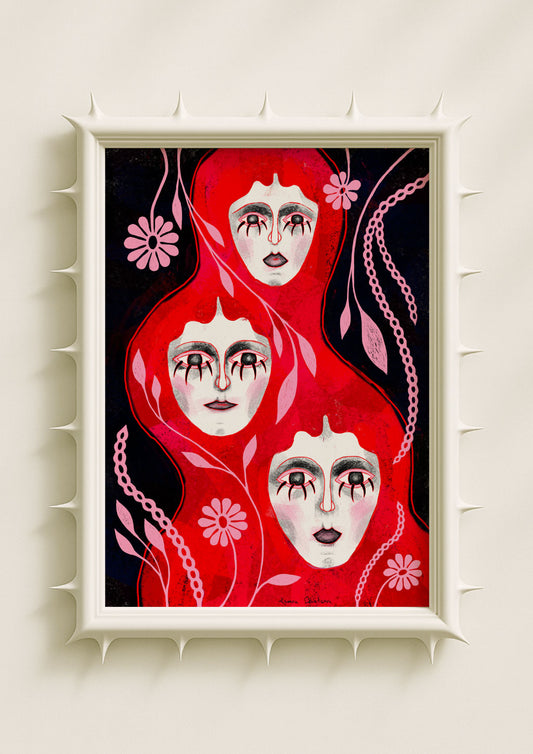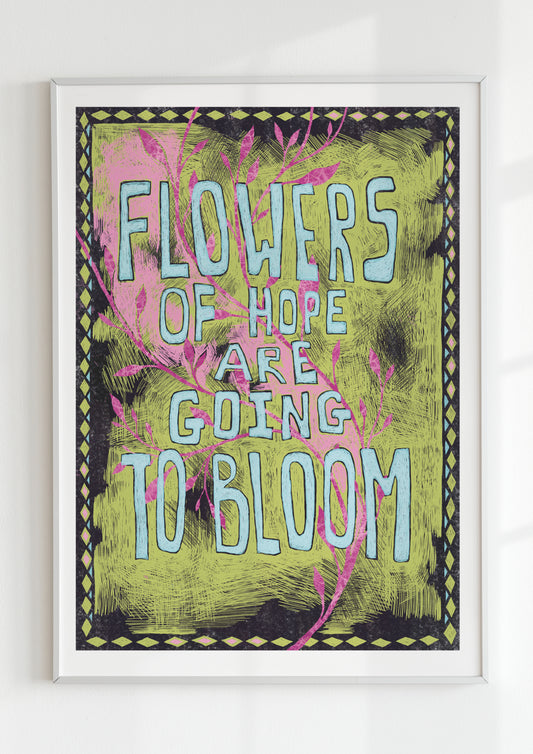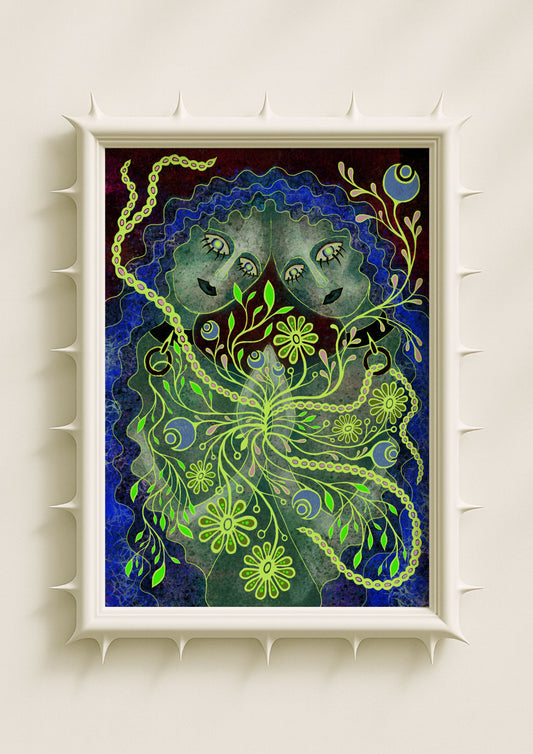Colors in wall art are never neutral. They choose us as much as we choose them. The poster on your wall, the art print that draws your gaze, is not merely decoration—it is a mirror of identity. To select a favorite color in art is to reveal something intimate: a tendency of the spirit, an unspoken longing, or a hidden strength.
The Psychology of Color and the Self
Psychologists have long studied the emotional associations of colors. Blue tends toward calm and trust, red toward passion and urgency, green toward balance and renewal. But when we speak of color in art prints and symbolic posters, we move beyond laboratory definitions. Here, color becomes personal mythology.

To live among a favorite hue is to affirm a certain self. Choosing crimson posters for a bedroom suggests comfort with intensity, a willingness to dwell with fire. Preferring pale botanical greens in a kitchen may signal a desire for grounding, growth, and simplicity. Each wall becomes a confession, made not in words but in tones.
Identity in Shade and Tone
It is not only the color, but its shade, that speaks. A cobalt wall art print suggests decisiveness, while a faded ultramarine carries nostalgia. The choice between emerald and jade is the choice between opulence and subtlety. These nuances reveal how identity shifts between states—public and private, exuberant and restrained.

In dreamlike interiors, posters often use layered tones, allowing viewers to see themselves reflected in the gradations. A symbolic wall art piece might hold a twilight palette of violet and indigo, reminding its owner of the liminality between day and night, action and rest.
The Color as Archetype
Every favorite color is an archetype. Red is not just “red,” but blood, heart, sacrifice, desire. Black is not only absence, but the ground of mystery and the origin of creation. Gold is not only light, but eternity and transcendence. When one gravitates toward these colors in fantasy wall art or symbolic posters, it may be because the psyche recognizes its own archetypal affinity.
Interiors shaped by these archetypes become more than comfortable—they become ritual spaces. A dining room infused with warm ochres can feel like perpetual harvest. A study bathed in black-and-white prints transforms into a chamber of clarity, contrast, and reflection.
Color as Emotional Compass
The colors we surround ourselves with do not simply reflect who we are; they guide us toward who we are becoming. A preference for yellow may be a search for joy during a season of melancholy. A draw to deep purples may signal a yearning for depth, dignity, or the sacred. Posters and art prints become talismans, steering identity quietly with each glance.

This is why color in home décor cannot be reduced to trend. It is not only a matter of taste, but of orientation—an inner compass expressed on the wall.
Beyond Preference: The Gaze that Returns
What your favorite color in wall art says about you is never final. Just as identity shifts, so too may your attraction to certain hues. Today’s fascination with turquoise may give way to tomorrow’s longing for vermilion. The gaze returns, again and again, to different portals.
Posters, prints, symbolic wall art—they wait on the wall, not to close the question of who you are, but to keep it open. The colors you live with continue to ask: What draws you now? What shade mirrors your becoming?
